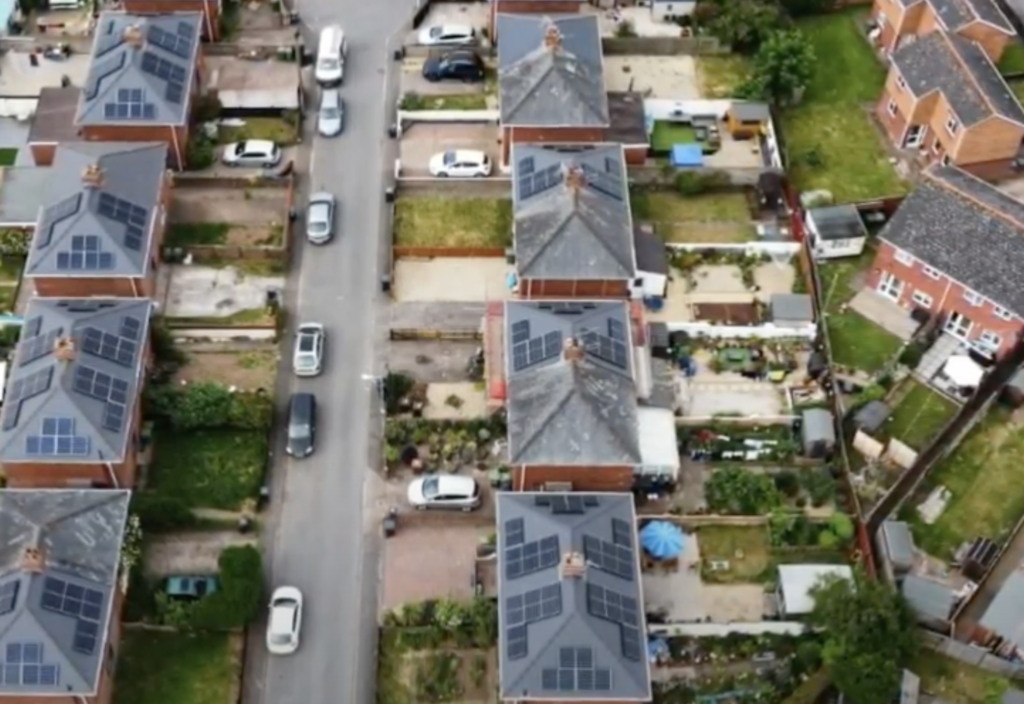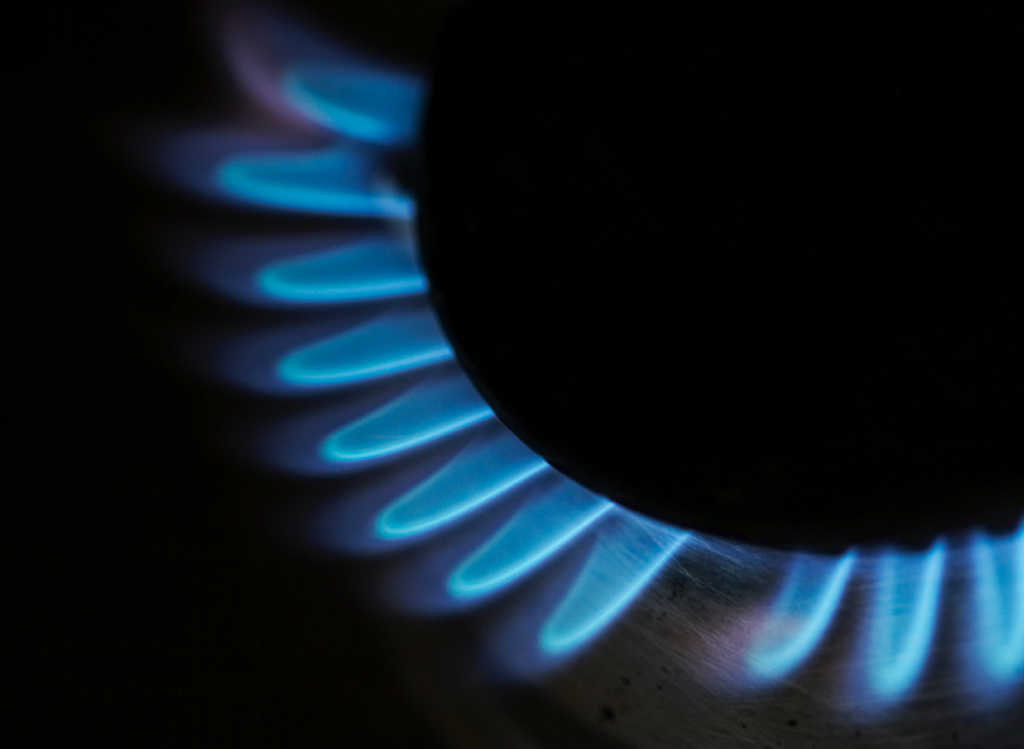We have mentioned a number of times before fuel poverty has become a serious issue in the UK, affecting millions of households who struggle to afford adequate heating and energy to maintain a safe and comfortable home environment. This problem is not just about financial hardship; it has significant implications for health, well-being, and social inequality. At this time of the year, fuel poverty is made even worse with the dropping temperatures and extra financial demands that the festive period brings.
What is Fuel Poverty?
Fuel poverty occurs when a household cannot afford to keep their home adequately warm, often defined as spending more than 10% of income on energy costs. In the UK, the primary drivers of fuel poverty are:
Low Income: Families with limited financial resources find it harder to absorb rising energy bills.
High Energy Costs: Volatile energy prices, exacerbated by global events such as conflicts and supply chain disruptions, significantly impact UK households.
Inefficient Homes: Poor insulation, outdated heating systems, and low energy efficiency increase energy consumption and costs.

The Scale of the Problem
According to research from Uswitch, it’s estimated that around 1.7 million people will not want to turn the heating on this winter. Around 50% say this is due to the increased cost of living, while 25% of pensioners blame the loss of winter fuel payments. This is up from the 972,000 who, last year, said they would not be turning their heating on.
Rather interestingly, searches for hot-water bottles on the Argos website have increased by 257% year on year. The demand for heated blankets is up 224% in the same period. This is evidence that people are starting to look at alternatives to keep warm during the coldest months which lie ahead. More concerningly, this is evidence that more people are struggling to keep warm.
Impacts of Fuel Poverty
Health Consequences:
Cold Homes: Associated with respiratory illnesses, cardiovascular issues, and mental health problems.
Excess Winter Deaths: Cold-related deaths rise during winter months, with fuel poverty cited as a contributing factor.
Social Implications:
Educational Disadvantage: Children in fuel-poor households may struggle to study effectively in cold environments.
Isolation: Many individuals are forced to cut back on social activities to save on energy costs.
Efforts to combat fuel poverty include:
Energy Price Cap: Introduced by Ofgem, this limits the maximum amount suppliers can charge per unit of energy. However, it doesn’t fully shield consumers from rising wholesale prices.
Home Upgrades: Programs such as ECO4 (Energy Company Obligation) and the Green Homes Grant aim to improve energy efficiency through insulation, heating upgrades, and renewable energy installations.
Winter Fuel Payments and Cold Weather Payments: The winter fuel payments will specifically be available to people receiving pension credit. Pension credit is paid if you have an income of less than £218.15 a week or £332.95 as a joint weekly income with your partner. You may still be eligible for winter payments if you’re disabled, care for someone, or have housing costs.

Challenges in Addressing Fuel Poverty
Rising Energy Costs:
Global market fluctuations have led to record energy prices, making short-term relief measures insufficient.
Insufficient Housing Improvements:
Many homes in the UK remain poorly insulated, with slow progress in retrofitting older properties.
Climate Goals:
The UK’s transition to net-zero emissions by 2050 requires significant investment in renewable energy and sustainable housing, which could strain public resources and budgets.
Awareness and Access:
Some households may not be aware of available support schemes or face barriers in accessing them.
What Can Be Done?
A quick plan is needed to tackle fuel poverty effectively. Increasing the speed of home insulations and using renewable energy will help lower consumption rates and associated costs. New homes are incredibly efficient, but older housing stock in the UK is generally inefficient – costing more than is really needed to keep warm. Looking at how energy prices are structured will help limit excess volatility in the market. Expanding support for high-risk groups such as those on low incomes and the elderly will tackle the issue of fuel poverty head on. But we also need to increase public awareness – let households know how to save energy and lower costs.
Conclusion
Fuel poverty is a complex issue with wide-reaching impacts on health, wellbeing, and social equality. By prioritising energy efficiency, improving pricing structures, and enhancing support mechanisms, the UK can move closer to eradicating fuel poverty and making sure that every household has access to a warm, safe, and energy-efficient home.








